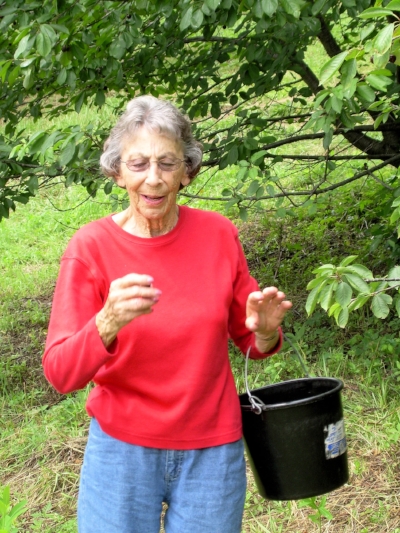How to Make Chicken Spaghetti
Your grandchildren look forward to your chicken spaghetti when they visit. They won’t be there until evening, but you’ll serve dinner at 2:00 as usual. Your husband will come home then, and at least one of your sons, and who knew who else might drop by, hungry. You are used to making enough for the neighborhood.
Use the large black roasting pan and a package of chicken parts, even though you can break down a whole chicken. You can, in fact, dress a chicken. After the war, when you lived in Washington, DC and drove a surplus Army jeep, your new husband brought a freshly slaughtered chicken home from the market. You told him that the next time he bought a chicken like that, he was cleaning it himself.
Add celery, poultry seasoning, salt, and pepper and water. Simmer, covered, until the chicken is tender.
While the chicken is cooking, squeeze lemons for lemonade and mix it in the stainless pitcher. Pour some into a small Dixie cup from the dispenser by the sink and taste it. Add more sugar.
The author’s grandmother, culinary maven and connoisseur of sweet lemonade.
Remove the chicken and celery and cook the spaghetti in the broth. Shred the chicken and add it, diced green pepper and onion, a can of diced tomatoes, tomato sauce, Worcestershire sauce, salt, pepper, and chili powder. Decades from now, your granddaughter will ask you to write down the recipe. Cook it with her instead. She’ll get a small Dixie cup to taste the lemonade, and add more sugar.



